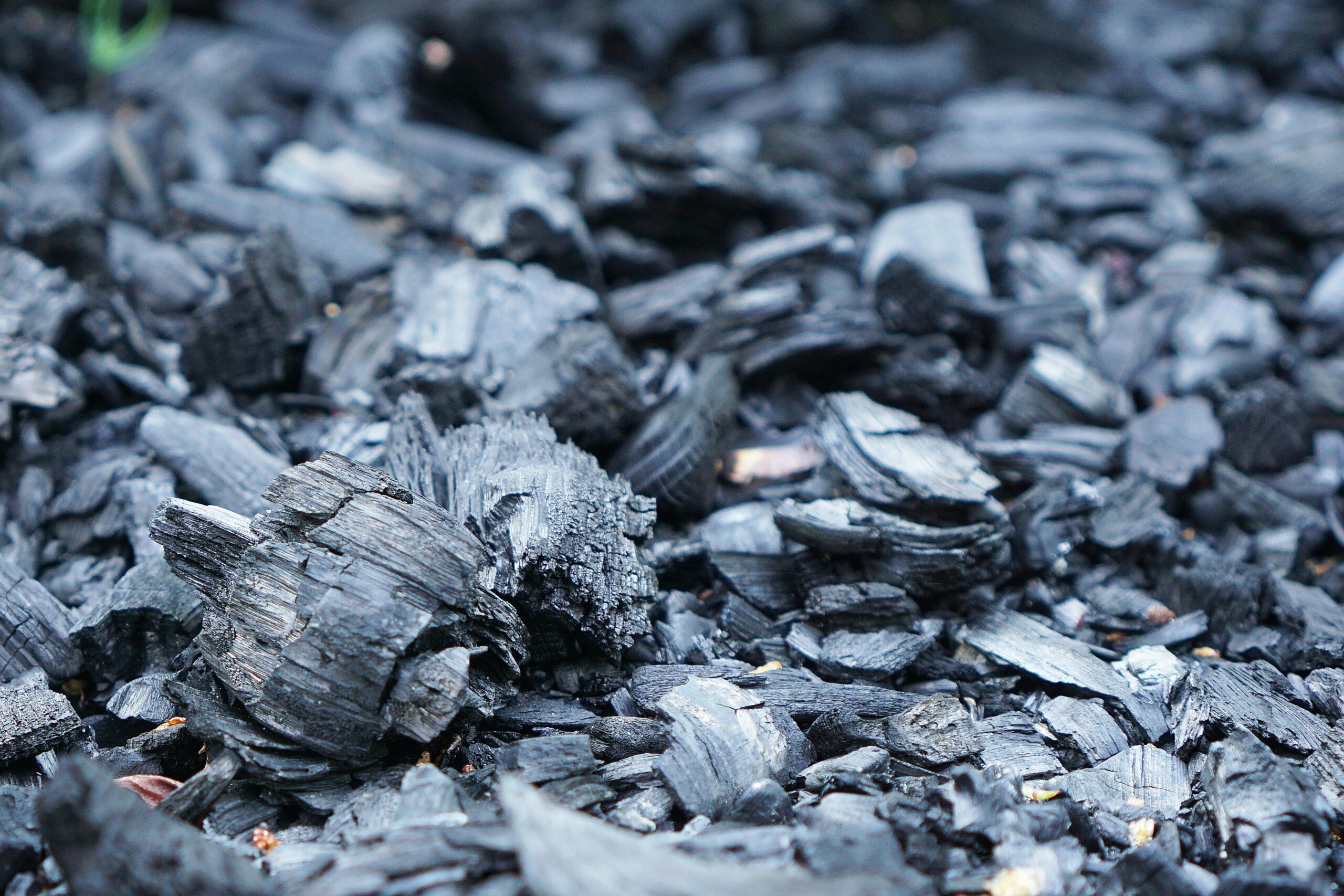Do our refrigerators have a water chemistry analyzer to detect when the filter is no longer making good water? Or perhaps it measure how many gallons goes through? With different parts of the country having different water qualities, how the hell does a big dumb thing like refrigerator have the smarts to know when a filter needs to be changed?
If you have ever asked any of those questions, feel comforted in knowing that millions of your fellow citizens have the same questions. I am here today to tell you the dirty little secret.
The majority of refrigerator filters and faucet filters use Granular Activated Carbon (GAC). The primary sources of pollutants that these filters remove are chlorine compounds and organics like algae, fungi. They also may have some component that removes metals like lead, and even in some cases fluoride. Still, the main filtration these products perform is the removal of chlorine compounds.
The EPA regulates the amount of chlorine that municipalities can have in their water, so the filter manufacturer calculates his filter capacity based the worst chlorine level allowable. Even the worst allowable level is so low to GAC that most commercial filters will produce upwards of 20,000 gallons before becoming exhausted.
Imagine that a family of four each drank a gallon of filtered water per day. This would mean the family drinks 4 gallons per day, 120 gallons per month, or 1,440 gallons per year. Ahem, the filter you have is good for 20,000 gallons, the family of four could literally use this filter for 7 years before having to replace it.
This of course would cause manufacturers to either multiply the price of of the filter 7 times, or not ever get into the business because they could not sell enough filters to generate the revenue required to operate said business
So, why not make smaller filters? The reason is that to deliver a high enough flow rate to fill your glass in a reasonable time, a filter has to be of a certain size. If there is not enough GAC in the filter the water will pass over it too fast and contaminants will not be removed.
So then it is flim-flam for my refrigerator to call for a new filter every 6 months?
Actually, no. There is another issue with GAC filters and that is that they are prone to bacterial growth as time in service passes. Filter companies have substantial research that dictates when a filter should be replaced. Based on the size of the filter, appliances most often have a time recorder or a gallon recorder that tells us when to replace the filter. These calculations deliver the best economics and the safest operating conditions.







